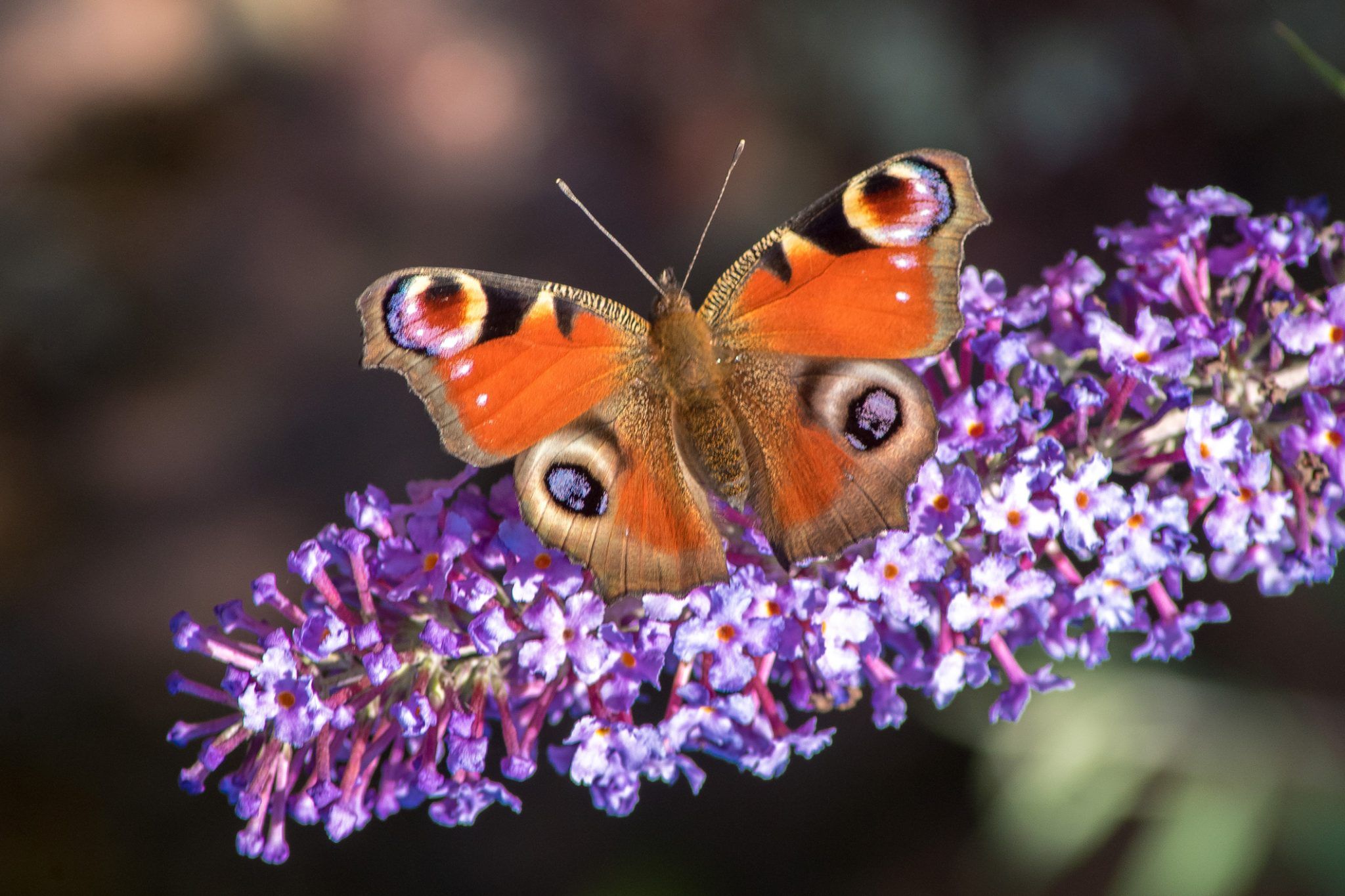Don't let them bug you out, it could be catastrophic
People are being urged not to kill flies, wasps, and bees in their homes, due to declining populations.
Flying insect populations have plummeted 65 per cent in England over the last 20 years,
a new study has found. Scotland showed a lesser, but still significant, decline of 28 per cent.
Conservation charities Buglife and Kent Wildlife Trust revealed the findings after asking Brits to count the number of insects splattered on their car registration plates - comparing the data to a similar study from 2004.
The findings should "shock and concern us all," one expert warned.
Paul Hadaway, the director of conservation at Kent Wildlife Trust, said the decline in insects reflects the "enormous threats and loss of wildlife" more broadly across the country.
"These declines are happening at an alarming rate and without concerted action to address them, we face a stark future," he said.
"Insects and pollinators are fundamental to the health of our environment and rural economies. We need action for all our wildlife now by creating more and bigger areas of habitats, providing corridors through the landscape for wildlife, and allowing nature space to recover."
As many as 40 per cent of the world's species could become extinct in the next few decades, the National History Museum warned, including bees, ants and butterflies.
[caption id="attachment_339206" align="alignnone" width="2048"]

We don't want to say bye to these beauties (Photo: iStock)[/caption]
That's because these insects represent some of the most significant pollinators of plants, and their decline, therefore, affects all the major groups of wildlife. Plants are pollinated in loads of different ways, but insect-pollinated crop plants such as apples, pears, cucumbers, watermelons, and almonds could fail altogether without the insects.
The impact of insect loss goes way beyond our food supplies, the museum warned, as animals such as birds depend on them for food will also be hit.
Related stories:



 We don't want to say bye to these beauties (Photo: iStock)[/caption]
That's because these insects represent some of the most significant pollinators of plants, and their decline, therefore, affects all the major groups of wildlife. Plants are pollinated in loads of different ways, but insect-pollinated crop plants such as apples, pears, cucumbers, watermelons, and almonds could fail altogether without the insects.
The impact of insect loss goes way beyond our food supplies, the museum warned, as animals such as birds depend on them for food will also be hit.
Related stories:
We don't want to say bye to these beauties (Photo: iStock)[/caption]
That's because these insects represent some of the most significant pollinators of plants, and their decline, therefore, affects all the major groups of wildlife. Plants are pollinated in loads of different ways, but insect-pollinated crop plants such as apples, pears, cucumbers, watermelons, and almonds could fail altogether without the insects.
The impact of insect loss goes way beyond our food supplies, the museum warned, as animals such as birds depend on them for food will also be hit.
Related stories: